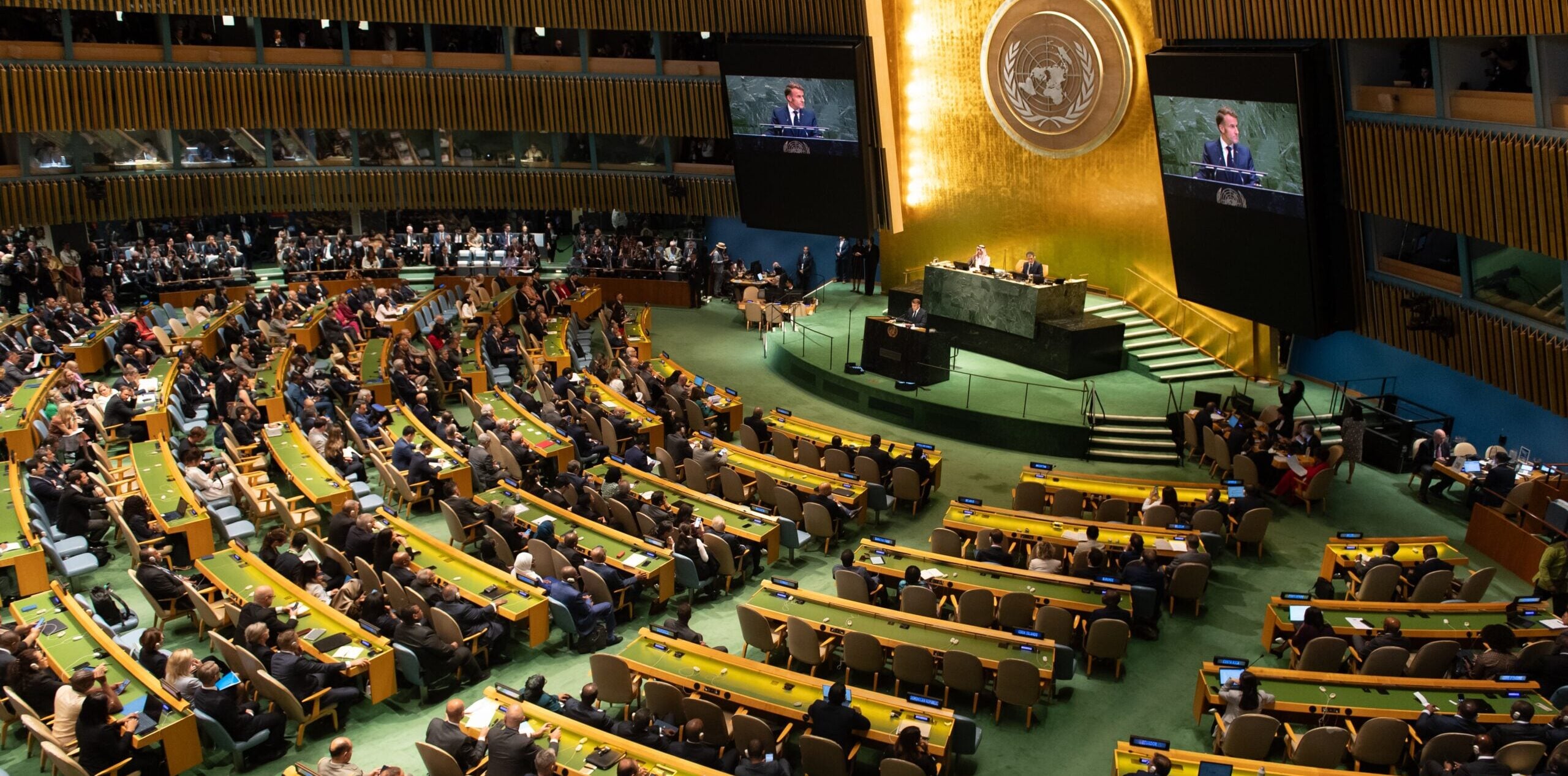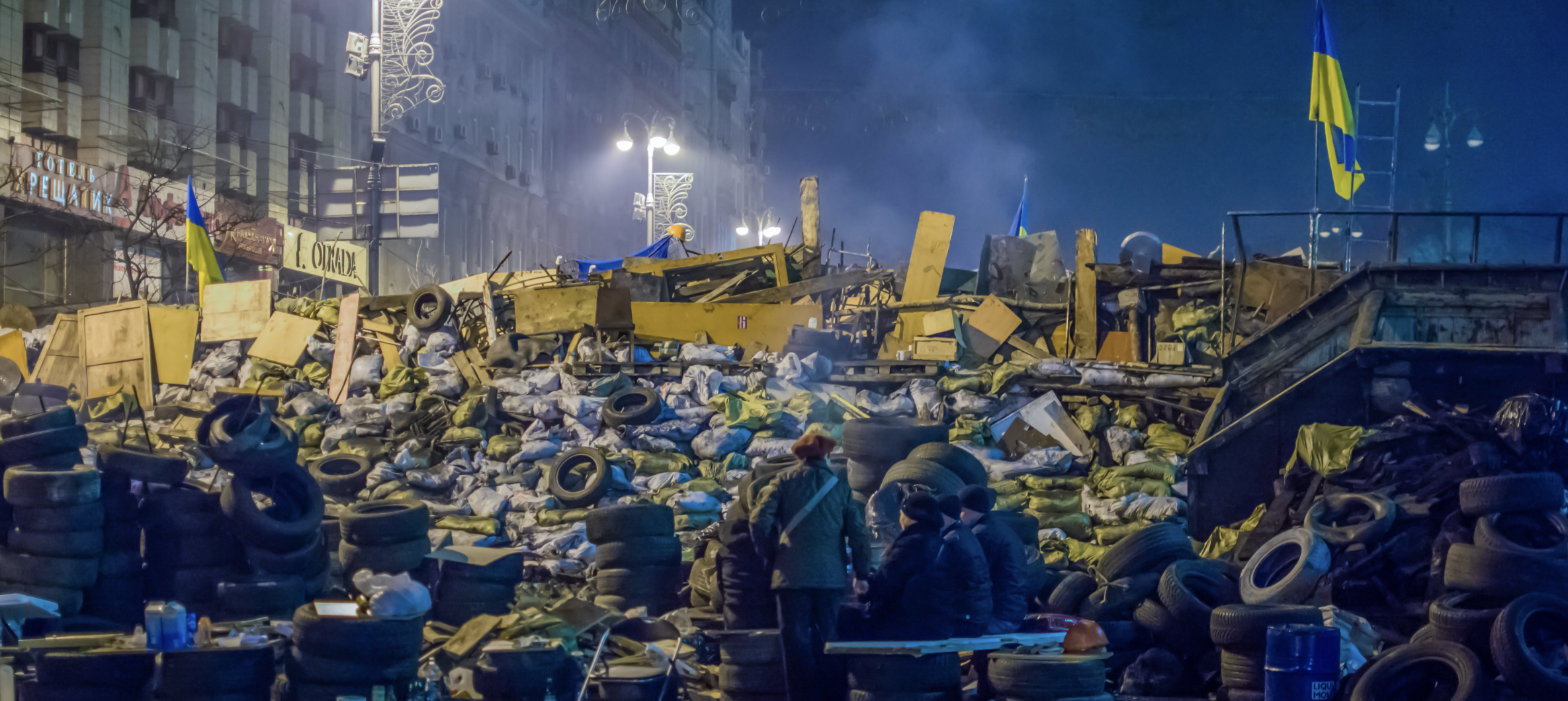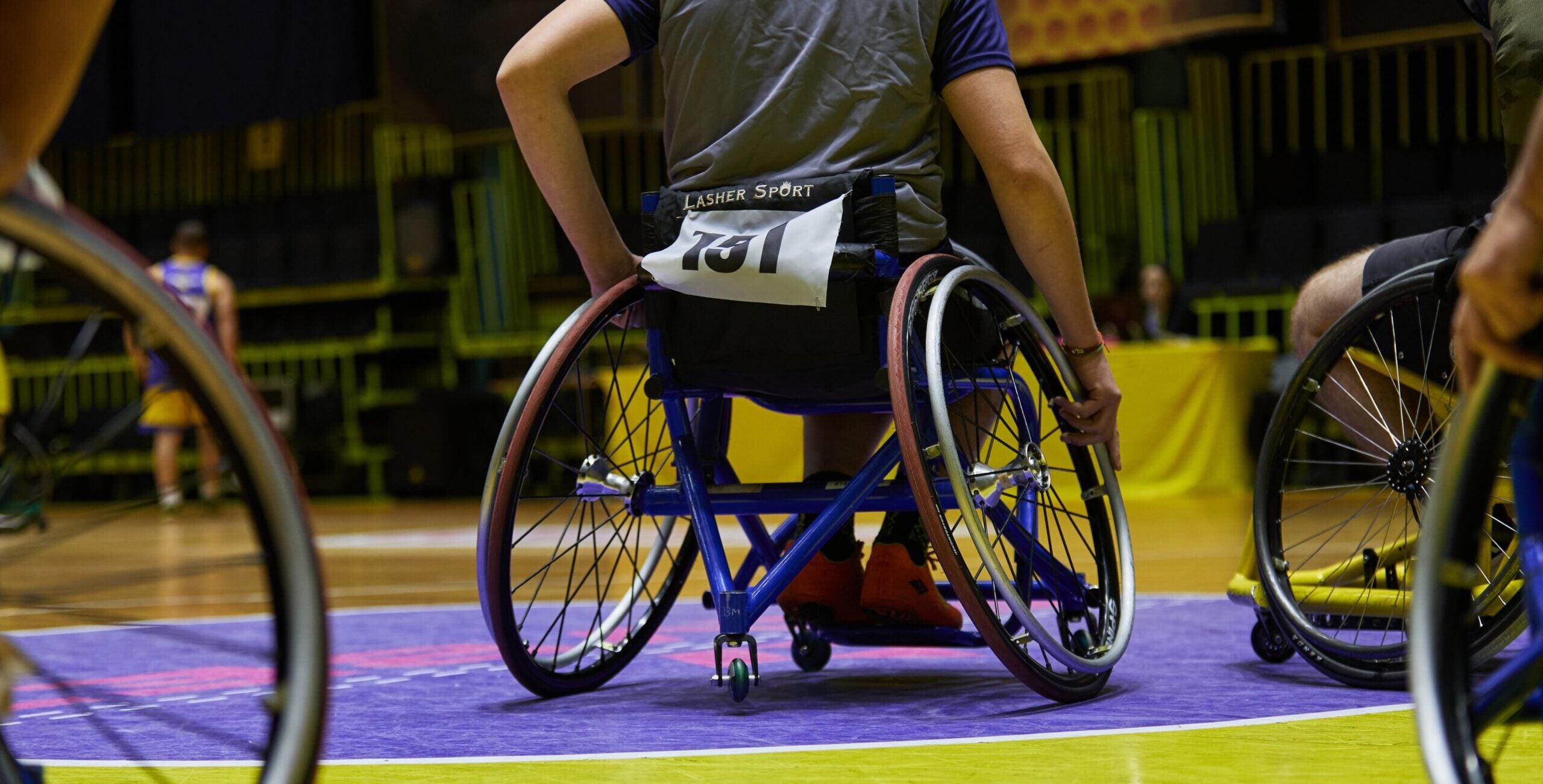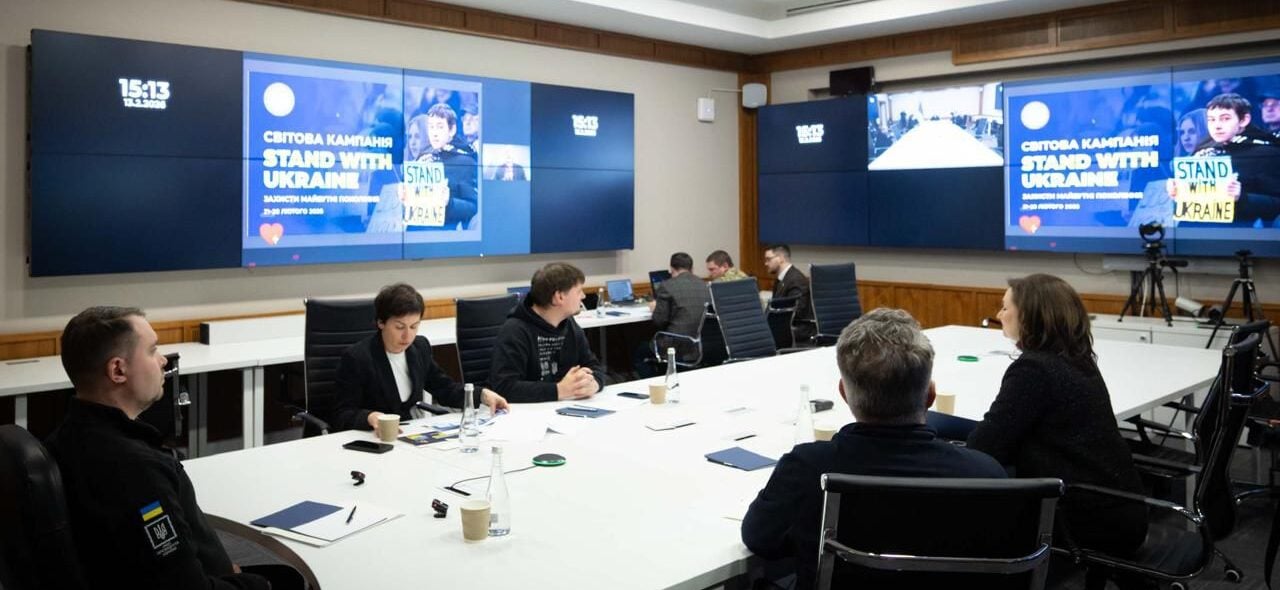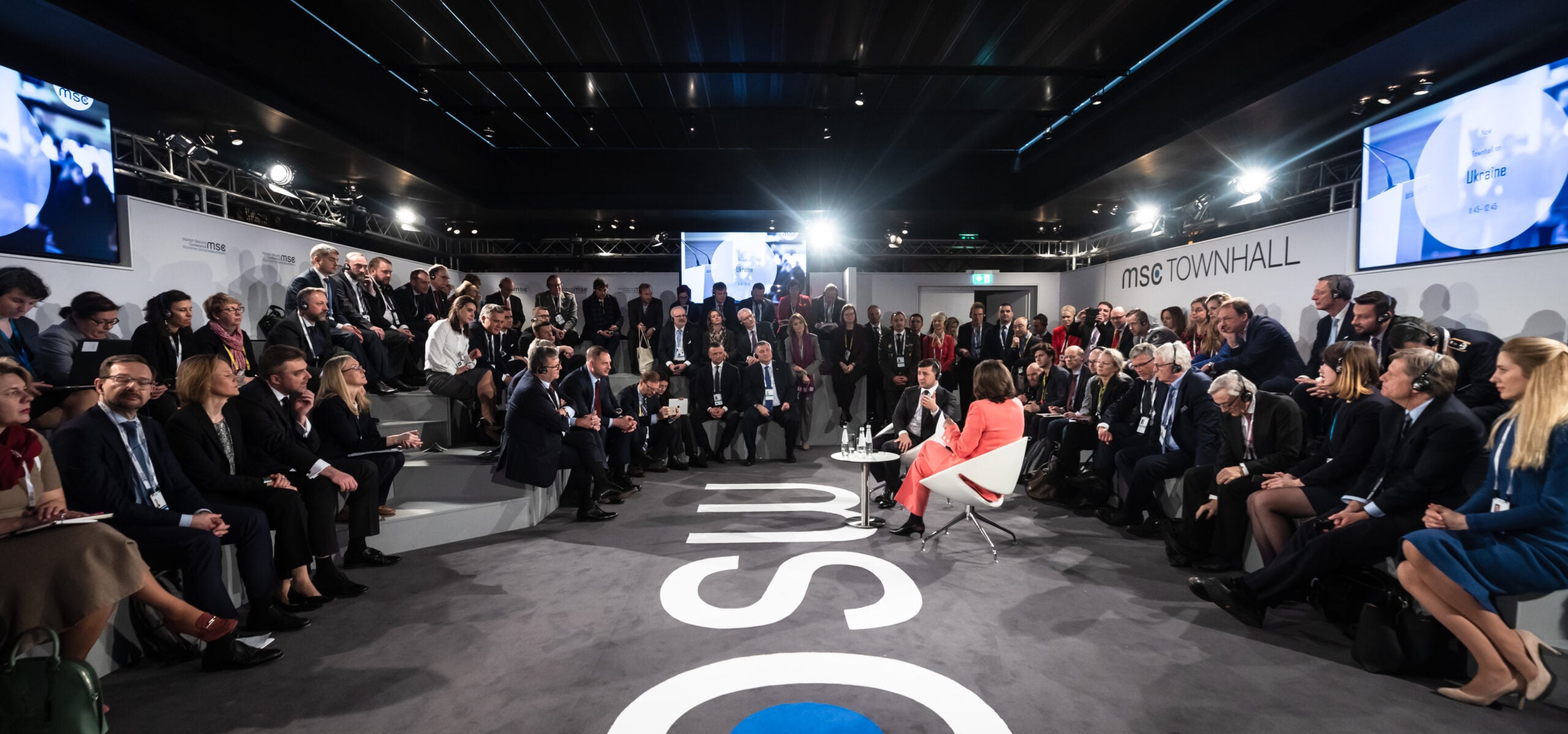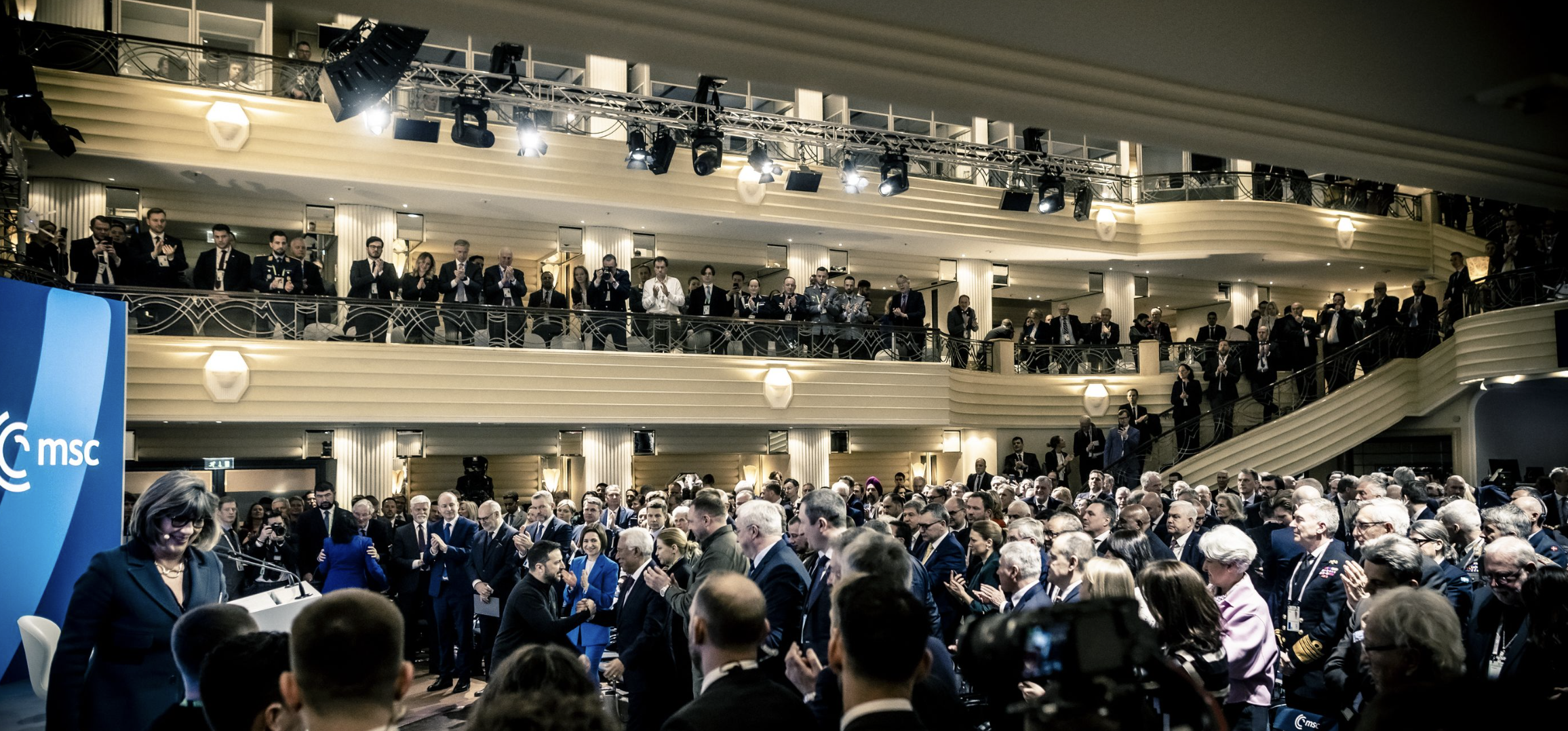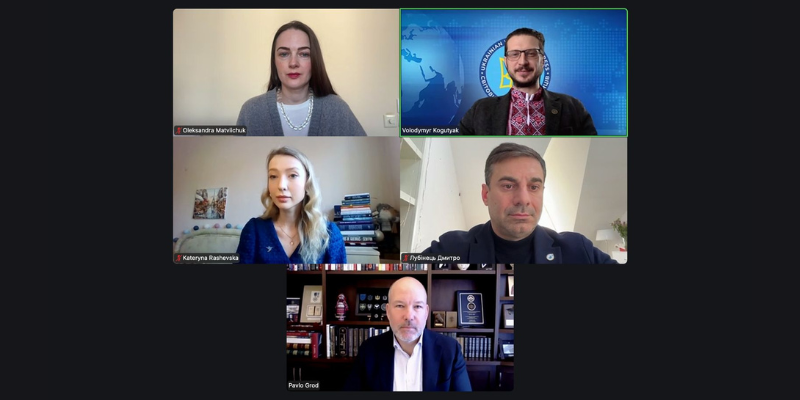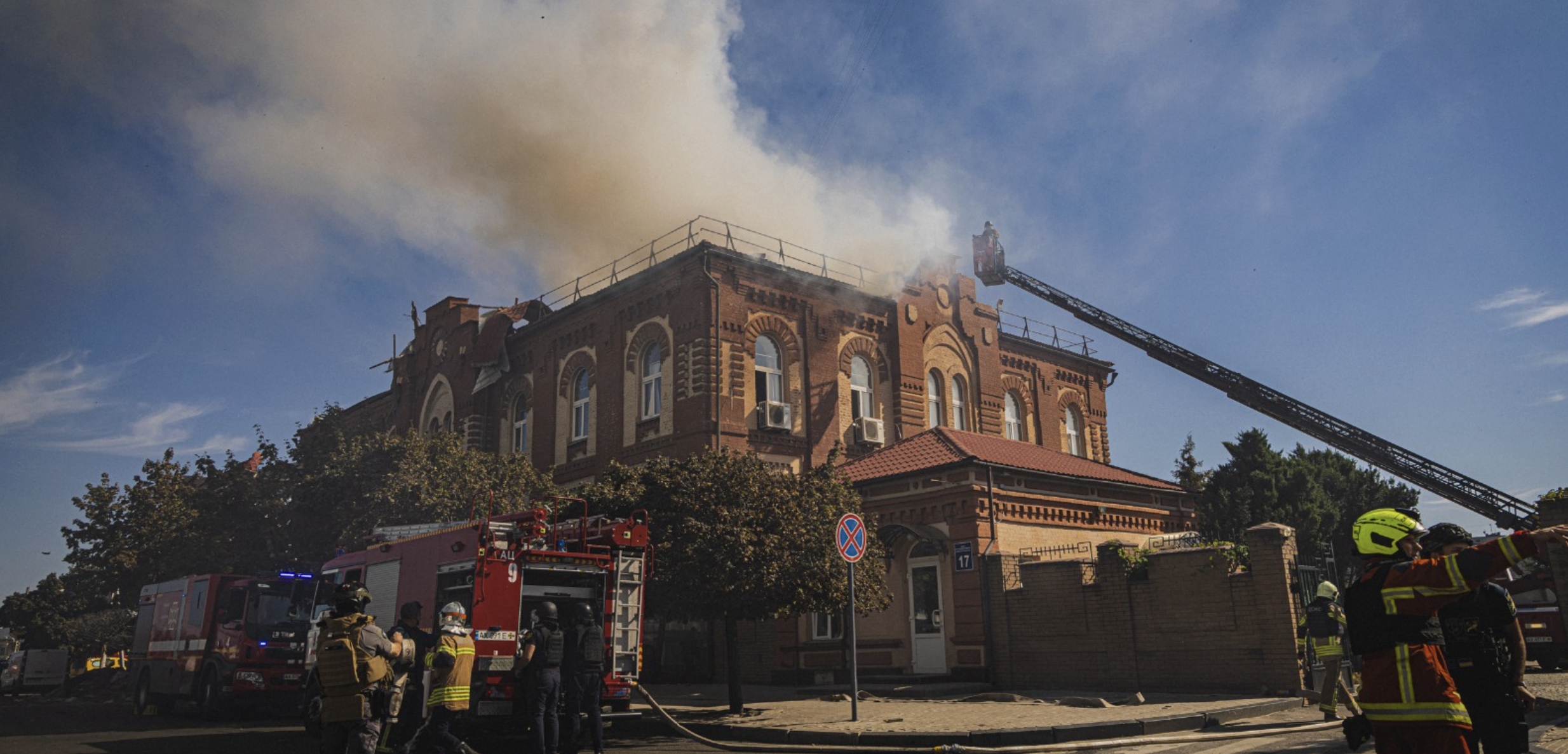

by Anne Applebaum, the American-British journalist and author, a staff writer for The Atlantic and a Pulitzer-prize winning historian
Source: Applebaum on Substack
I have just returned to Warsaw from a few days in Kyiv. I will write in much more detail about Ukraine in The Atlantic soon (and will share it here) but for this audience I wanted to describe how it feels to be in the Ukrainian capital, and in the Polish capital, during an escalating air campaign, a few days after 19 Russian drones entered Polish airspace.
There are a lot of misconceptions around, including the widespread belief that Ukraine is about to “collapse.” Actually, Kyiv is alive and well and brightly lit at night. This is a view of the city taken Saturday night from one side of the Dnieper River:
 At the same time, many people outside of Ukraine also seem to believe that the diplomatic situation has changed or improved since the American president, Donald Trump, met his counterpart, Vladimir Putin, in Alaska last month. But most Ukrainians believe that the past six months have simply wasted time. Instead of working with Europe to make a long-term plan to continue fighting, everyone waited for Trump and got nothing.
At the same time, many people outside of Ukraine also seem to believe that the diplomatic situation has changed or improved since the American president, Donald Trump, met his counterpart, Vladimir Putin, in Alaska last month. But most Ukrainians believe that the past six months have simply wasted time. Instead of working with Europe to make a long-term plan to continue fighting, everyone waited for Trump and got nothing.
For proof, they point to the Russian air campaign. Instead of stepping back or preparing for a ceasefire, the number of Russian drones and missiles used against Ukrainian civilians has expanded since the American presidential election. It is still growing. I was lucky, and no evening air raid alarms went off when I was there. But only a week earlier, on the night of September 7-8, the Russians launched the biggest air raid of the entire war, even managing to hit an important government building for the first time. The BBC has made a chart that shows the pattern:

How are these two stories compatible? In part, the Russian air war is expanding precisely because Ukraine refuses to collapse: The Russians can’t gain territory on the ground, and so they seek to demoralize Ukraine from the air. The Ukrainians also believe that Russia’s air war is designed to test the patience of the American president as well as the readiness of NATO, and to demonstrate, to the Ukrainians and to the Europeans, that Trump will not help them.
The decision to send drones into Poland had the same purpose: to probe and test the alliance, and to demoralize Poles. In that latter aim they failed. The Polish government (of which my husband is a member) scrambled NATO resources, including Dutch and Italian planes as well as German air defense, to ensure that the drones caused no casualties. Every leading politician, including the nationalist president, very pointedly said that the drones were no accident or mistake.
But in demonstrating divisions in NATO, they partly succeeded. Europeans clearly backed Poland, but Trump posted a bizarre statement on Truth Social (“What’s with Russia violating Poland’s airspace with drones? Here we go!”) and then said the attack might have been an “accident.” Nobody who has seriously examined the incident agrees. The attack lasted several hours; the drones did not carry warheads, which apparently helped them to fly farther; also, the lack of explosives means that they were not originally aimed at Ukrainian targets, and did not somehow go astray.
But Trump continues to prefer Russia to Europe. Instead of offering a military or economic response, Trump demanded, peculiarly, that NATO stop buying oil from Russia and put sanctions on China. The trouble is that most members of NATO don’t buy much oil from Russia. The only exceptions are Hungary and Slovakia, both led by pro-Russian, pro-Trump populists, and Turkey. Europe would welcome American pressure on any of them, especially the Hungarians. As for sanctioning China, it seems odd that the American president would want Europeans to carry out a policy that he will not pursue himself.
There is also good news. Inside Poland, the drones had exactly the opposite effect from the one the Russians intended: They reminded Poles of the reality of the war to their immediate east, and they forced the Polish far-right to acknowledge that the physical threat to their country comes from Russia and not from their liberal democratic allies in Europe. They helped to counter the massive online anti-Ukrainian campaign, coming from Russia and again from the nationalist right, boosted by the X algorithm, designed to convince Poles that “it’s not our war.” An actual physical attack is a reminder that yes, actually, it could be our war very soon.
Cover: State Emergency Service of Ukraine

